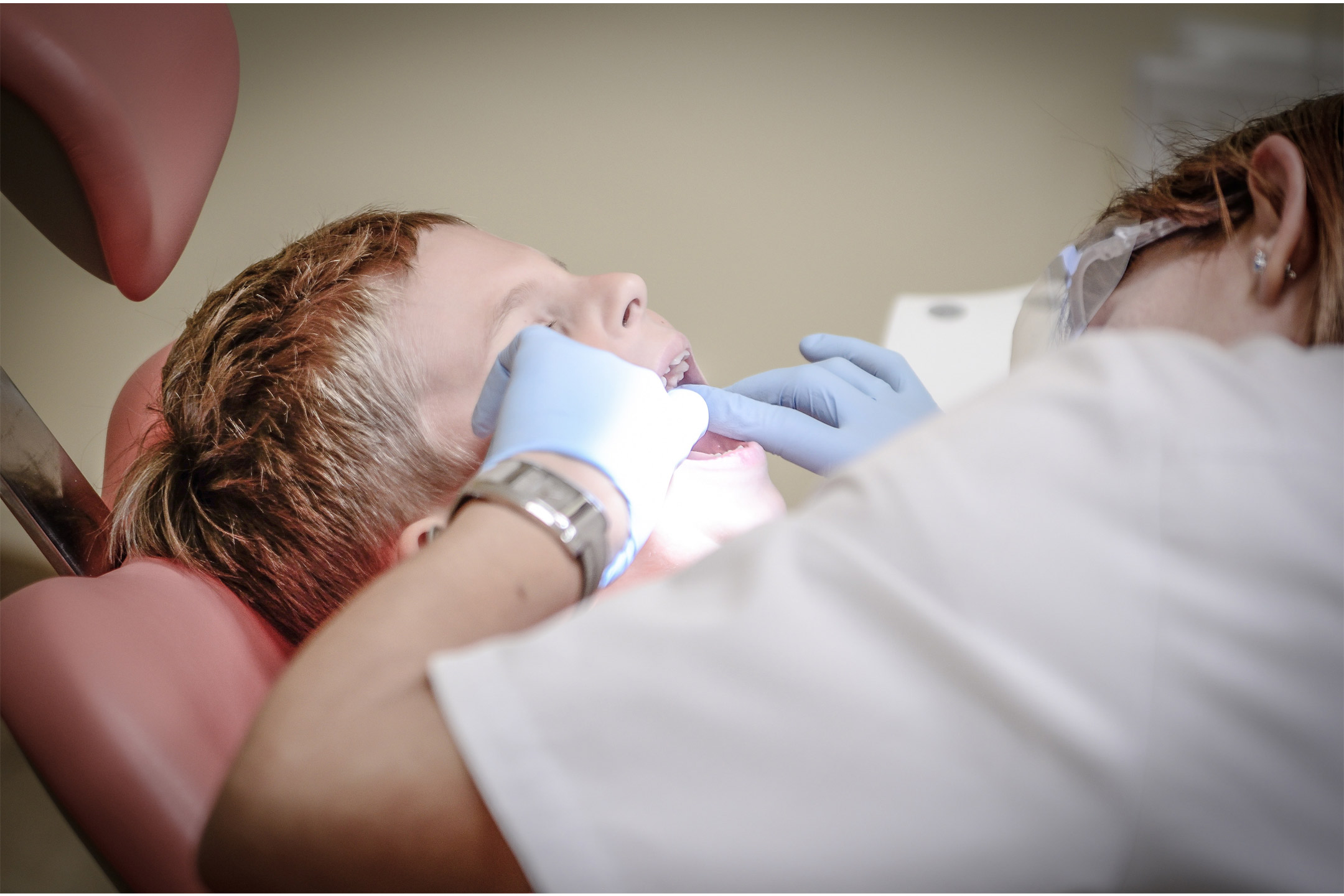
03 Aug Monash University Study Supports Sugary Drinks Tax for Better Dental Health in Kids
A groundbreaking study led by Monash University in collaboration with Deakin University and the University of Melbourne has found that implementing a national tax on sugary drinks in Australia could have a significant positive impact on dental health in children and promote health equity. The study reveals that such a tax could prevent over 500,000 dental cavities over a period of 10 years.
Published in Health Economics, the research showed that a 20 per cent tax on sugar-sweetened beverages (SSBs) would result in cost-savings of $63.5 million from a societal perspective over the 10-year period. Additionally, direct healthcare savings of $42.2 million would be achieved, along with averting 510,977 decayed teeth and preventing 98.1 disability-adjusted life years, which measures the healthy life lost due to premature death or disability caused by illness or injury.
The study also explored a lifetime scenario for the current population until death, revealing even more significant benefits. Over a lifetime, the societal cost-savings would amount to $176.6 million, and direct healthcare savings would reach $122.5 million, preventing 1,309,211 decayed teeth and 254.9 disability-adjusted life years.
The authors of the study emphasized that a 20 per cent tax on sugary drinks is not only cost-effective in preventing dental cavities but also has the potential to enhance health equity, benefiting populations from lower socioeconomic backgrounds. However, the major challenge lies in convincing governments and industry stakeholders to implement such a tax.
Mr Tan Nguyen, an oral health therapist and PhD candidate at Monash University School of Public Health and Preventive Medicine, pointed out that SSB taxes have already shown positive results internationally by increasing prices and reducing consumption. Currently, Australia lacks such taxes, and research on oral health prevention remains limited. This study stands as only the second published research on dental caries.
Mr Nguyen explained that their dental caries model differentiates the impact of the tax based on the level of socioeconomic advantage. Previous Australian simulation models have indicated that such a tax would affect consumption, body weight, and tax burden differently depending on household income.
The burden of oral diseases globally is substantial, with tooth decay, advanced gum disease, and severe tooth loss being major contributors to reduced quality of life. Poor oral health is prevalent in the Australian population, particularly affecting vulnerable individuals.
The study used ACE, a priority-setting method, to inform health interventions. This approach incorporates economic theory, ethics, social justice, practical experience, and decision-maker needs. The findings underscore that interventions for oral disease prevention can be implemented or scaled up in Australia.
However, the research also identified two major barriers to implementing a sugar-sweetened beverage tax – the lack of federal government support and industry pushback.
This recent study complements a 2019 paper published in The Lancet titled ‘Oral diseases: a global public health challenge,’ which highlighted the need for a different approach to address oral health challenges worldwide.
Mr Nguyen’s collaborative research demonstrates that regulating the availability of dietary free sugars through legislation, such as a 20 per cent SSB tax, is a highly promising cost-effective strategy. Nevertheless, further investigation is required to tailor the approach to the unique Australian context.
A sugar tax on beverages could significantly improve dental health in children and contribute to health equity. The study provides strong evidence supporting the implementation of such a tax, urging advocacy efforts directed at the Australian government and industry stakeholders to address the major barriers and improve the nation’s oral health.




